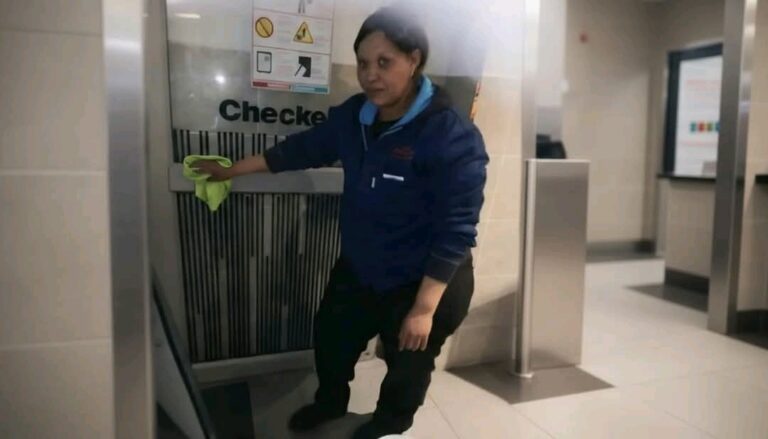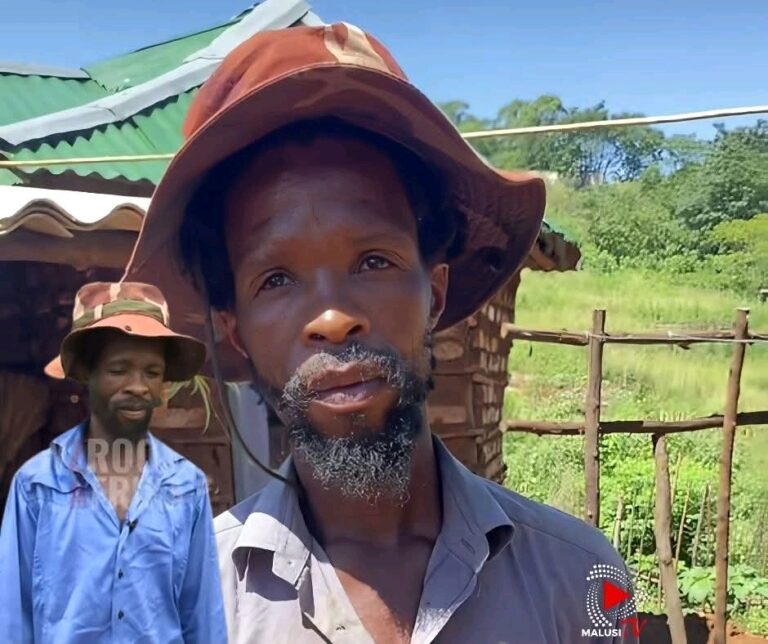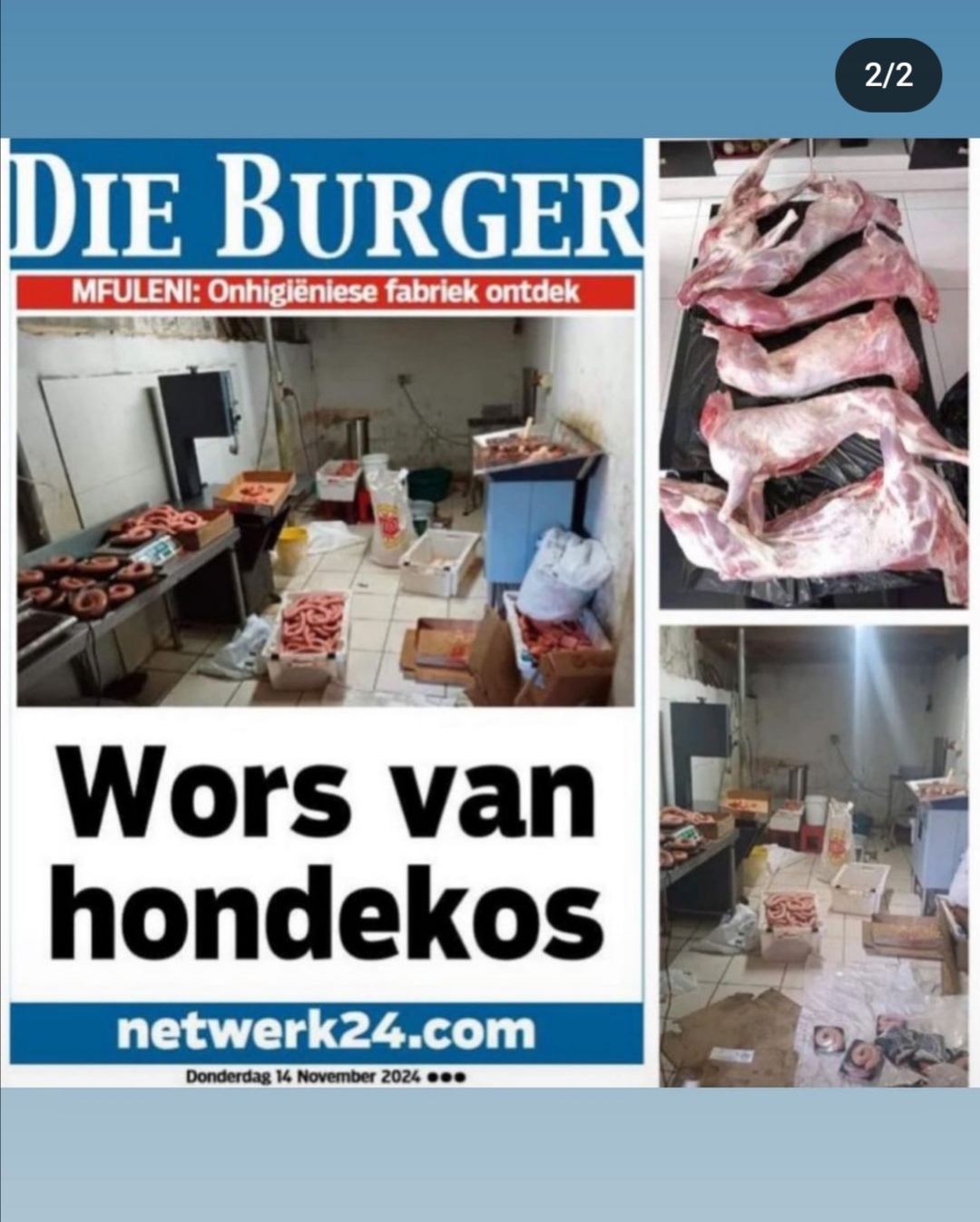
Recent revelations have left South Africans in a state of disbelief as reports confirm that many people have unknowingly been consuming dog meat and other unsanitary animal products sold at local Spaza shops and tuck shops across the country. This disturbing discovery has led to a growing outcry, with citizens demanding a response from the government, including President Cyril Ramaphosa, to address the situation.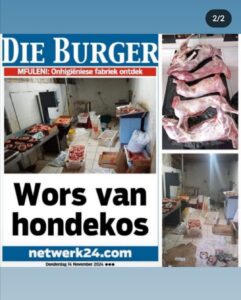
A Growing Crisis in Local Shops
For weeks now, shocking reports have surfaced about the unregulated sale of potentially dangerous and unfit food items in small convenience stores, commonly referred to as Spaza shops or tuck shops. These shops are popular in many communities, often providing affordable snacks and basic food items, but they are increasingly being linked to severe public health risks.
According to investigations, consumers have been unknowingly purchasing and consuming meat from dogs, as well as other animals that have not been properly inspected or prepared for human consumption. The scale of this issue has left many residents horrified, as they come to terms with the fact that the meat they believed to be from more traditional sources, such as cattle or chickens, may actually have been sourced from dogs and other animals in questionable conditions.
### Rising Health Concerns: Deaths and Hospitalizations
The situation has taken a darker turn as reports continue to emerge of children and adults falling ill after consuming contaminated food from these informal food outlets. Tragically, some children have died, while many others, including adults, have been hospitalized with food poisoning and related health complications. It is believed that the food sold at these shops is often old, improperly stored, and in some cases, laced with harmful chemicals or pathogens that pose serious health risks.
The toxic nature of some of the food products, coupled with poor hygiene and storage practices in many Spaza shops, has led to a public health crisis. With each passing week, more cases of foodborne illnesses surface, and the already overwhelmed healthcare system struggles to keep up with the growing number of affected individuals.
### Public Outrage and Calls for Government Action
The public outrage over these revelations has reached a boiling point. Many South Africans are now calling on the government, and specifically President Cyril Ramaphosa, to take immediate action in addressing the crisis. Citizens are demanding stricter regulations for informal food vendors, better oversight, and more rigorous inspections of food products sold to the public.
There are growing calls for the establishment of more robust mechanisms to regulate the sale of food in informal sectors, particularly in Spaza shops and tuck shops. Many believe that without proper regulation and oversight, such incidents will continue to harm unsuspecting consumers and put public health at serious risk.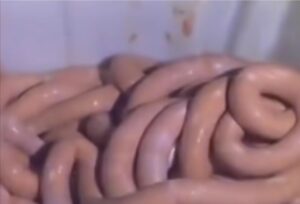
### The Need for Immediate Intervention
The situation has highlighted the need for better food safety measures and stricter laws governing the sale of food in informal retail spaces. Experts are urging the government to ensure that all food sold in these shops undergoes proper inspection and meets the necessary health and safety standards.https://www.instagram.com/p/DCWVtFHNCEv/?igsh=MzRlODBiNWFlZA==
As South Africa grapples with this crisis, the public remains on edge, demanding accountability from the authorities and greater transparency in the food industry. Until the situation is addressed, the fear of unknowingly consuming unsafe and unregulated food continues to loom large over communities nationwide.

